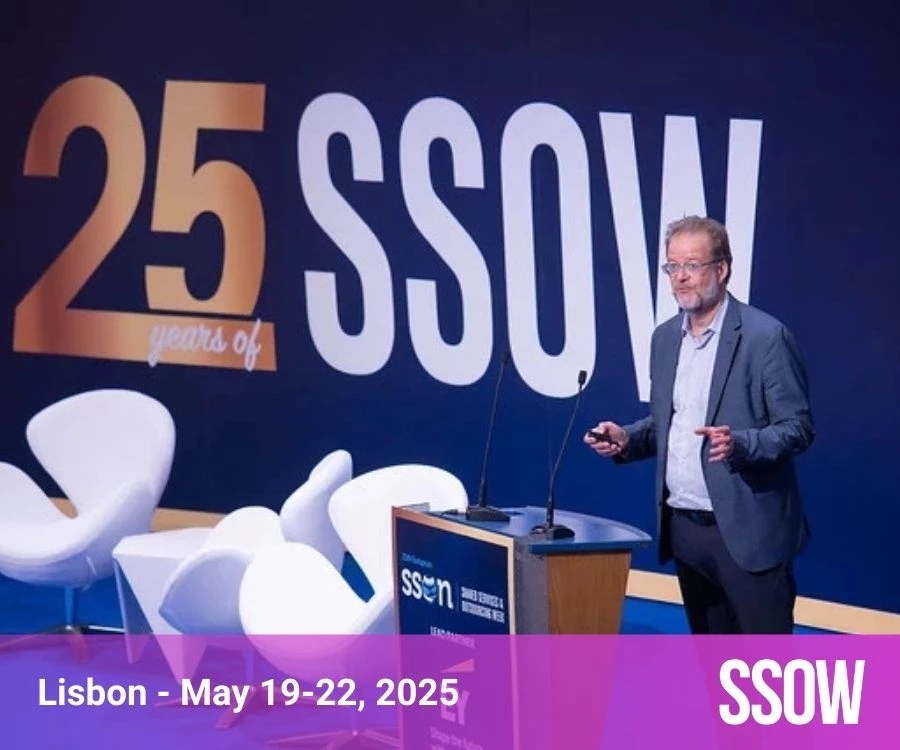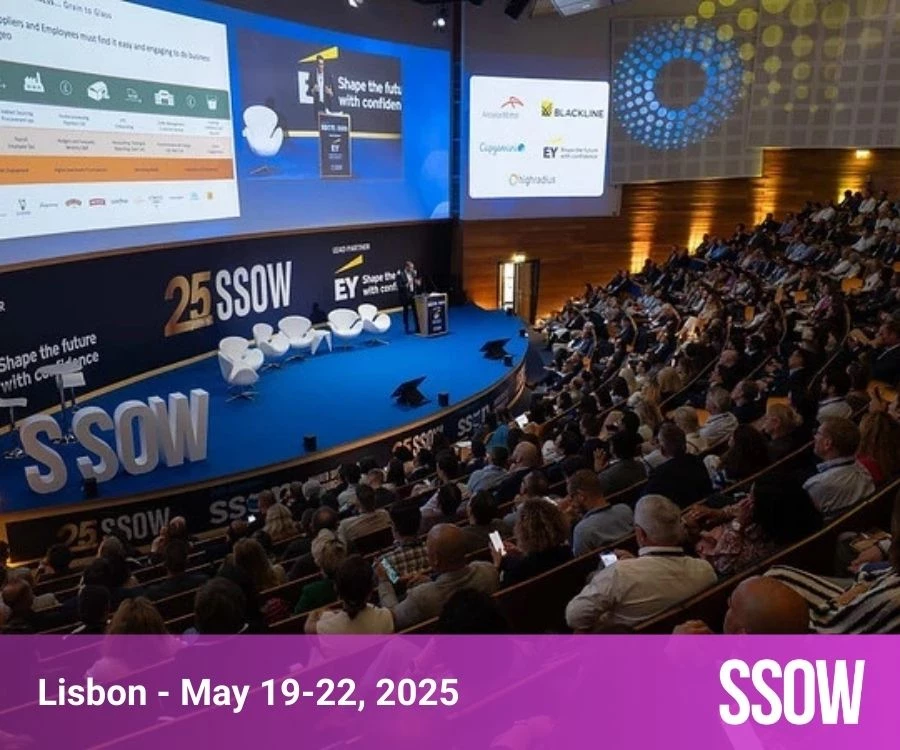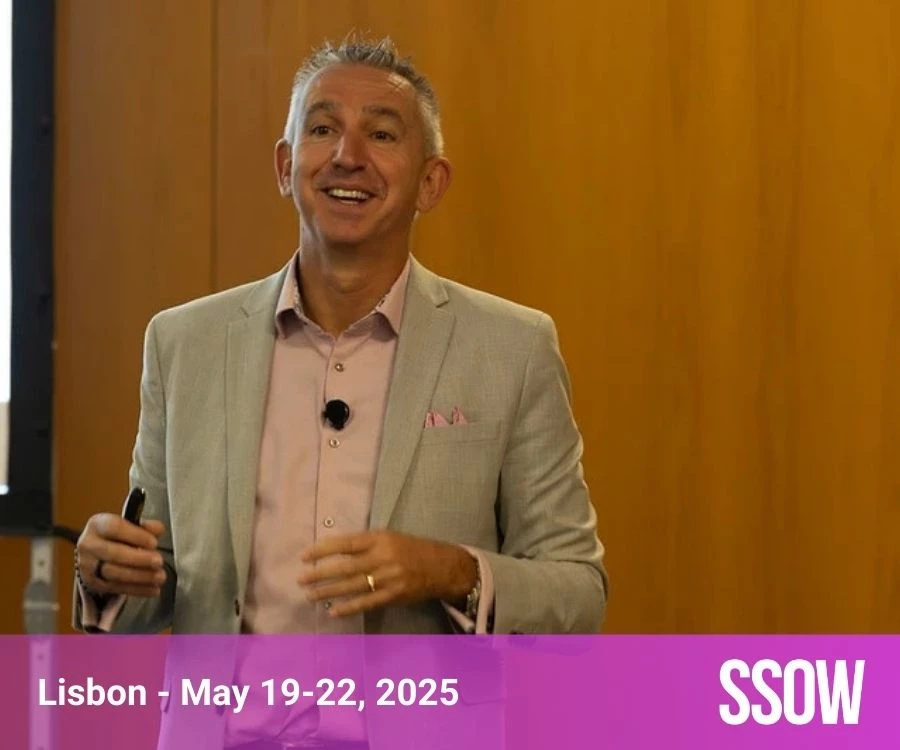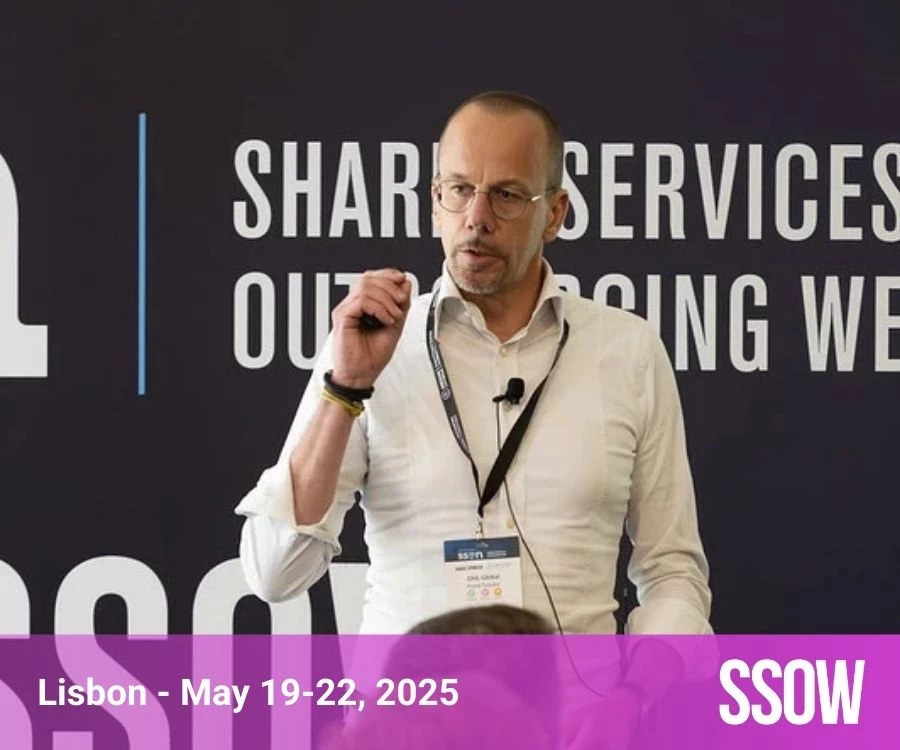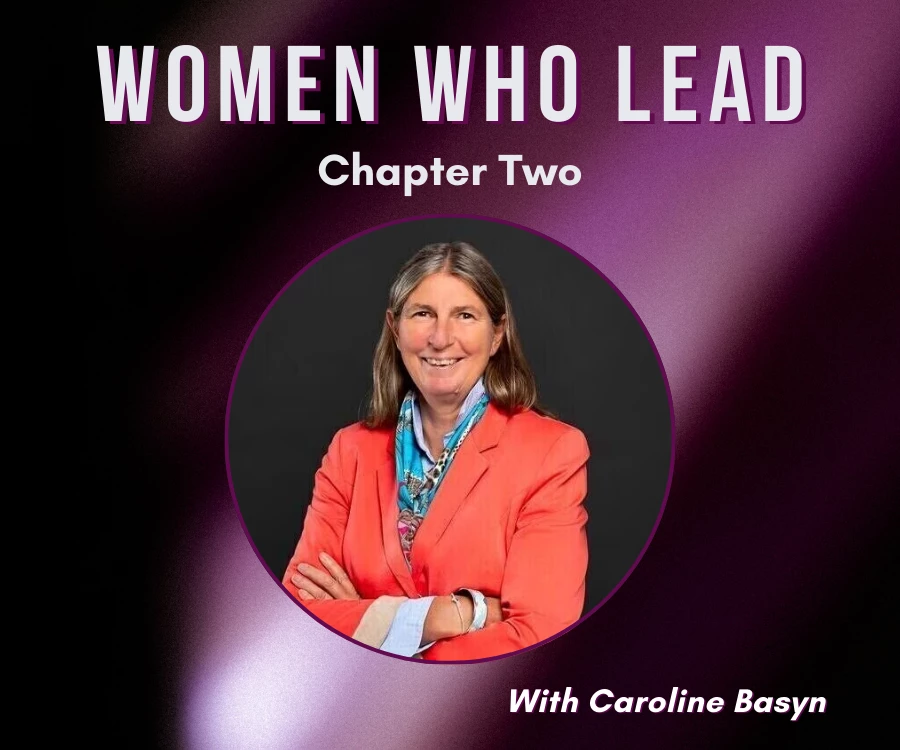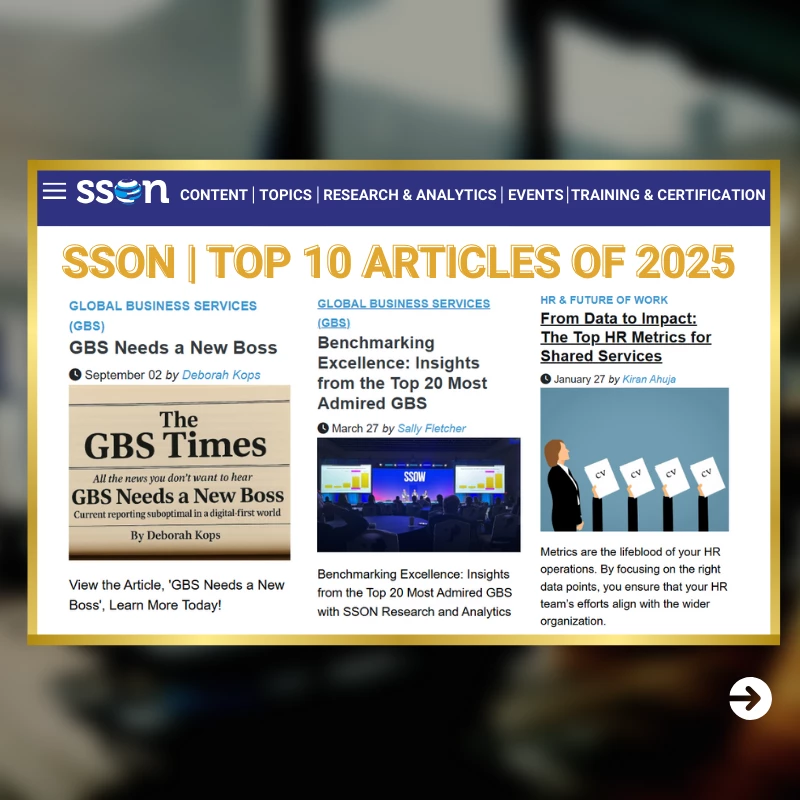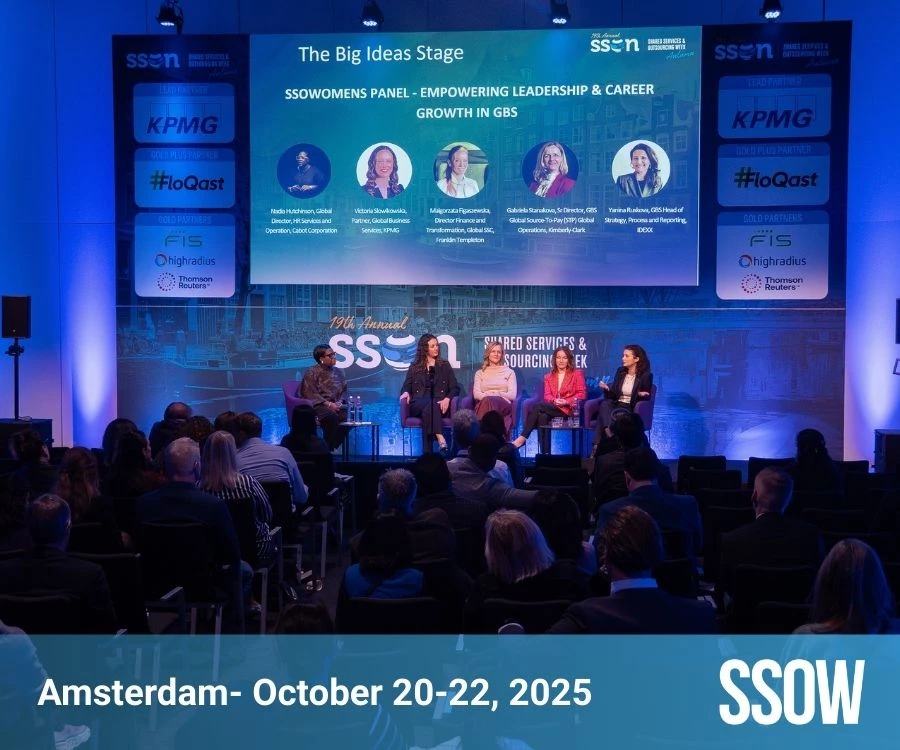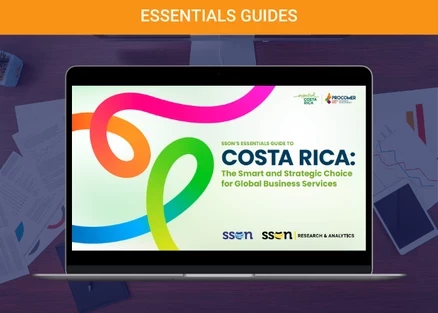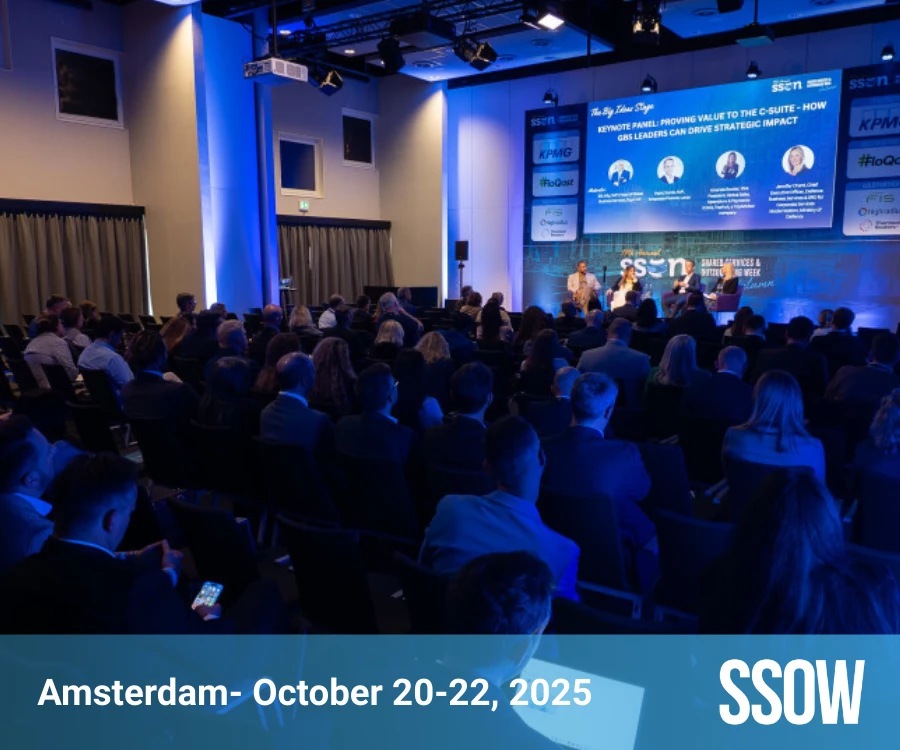Leading Across Borders: Lessons from a Career Spanning Brazil to Poland
Why cross-cultural fluency and local insight matter more than ever in global services
Add bookmark
Leading Across Borders: Lessons from a Career Spanning Brazil to Poland
Global Leadership Starts with Local Context:
The journey to professional success often begins with potential, ambition, talent, drive. But while potential can be the starting point, real growth depends on our ability to translate that potential into impact across varied and often unpredictable environments. When I reflect on my own path from a coastal town in Brazil to leadership roles in Poland, it becomes clear that my evolution was never just about professional development. It was a more personal transformation that unfolded across cultures, systems, and expectations.
My story began with intuition and determination. I wanted something more than what my immediate environment could offer. But over time, I realized that ambition alone doesn’t build resilience, and talent doesn’t always travel well without adaptation. To serve organizations globally, I had to develop a new set of capabilities. For example, communication rooted in empathy, decision-making guided by context, and a mindset attuned to complexity and change.
One of the first, and most enduring, lessons I learned in global business was this: leadership doesn’t scale unless it first adapts. Moving from São Paulo to Wrocław wasn’t just a logistical shift, it changed how I understood things. What made absolute sense in a tropical country often landed awkwardly in Europe. Assumptions I held about teamwork, urgency, even how to open a meeting, had to be re-evaluated. To succeed, I had to unlearn just as much as I had to learn. And above all, keep my head down sometimes and embrace humility, the kind that listens before leading, that observes before acting.
Leadership across borders requires more than global vision. It demands local wisdom. You can’t lead effectively without first understanding the unspoken language of the people you’re supposed to collaborate with. You always get the opportunity to immerse yourself in their pace, their history, and their way of working. Global fluency isn’t just about speaking English well, it’s about hearing cultural signals clearly.
Moving across Industries to GBS Realities:
My professional identity with Services was shaped by creativity and communication. I began with a dream, no money, a heavy accent, and little support. That’s when I moved away from a sleepy town by the sea to São Paulo, the sprawling economic heart of Latin America. During my first years I slept on my cousin’s sofa and juggled side jobs. Then started building web pages at MTV Brazil, after jumping to a short career in digital marketing and advertising.. Those golden years were rich in human capital, focused on storytelling, campaign building, and audience connection. My goal? Just like Pinocchio, To become a real person one day. Maybe someone who could shape narratives, sell ideas, and move people with words and visuals.
The industry taught me fast: creativity without structure falls flat. I had to develop an entirely new muscle. Starting with strategic thinking across multiple formats and platforms, I learned how agencies ran, how to pitch to clients, and how to marry concepts with delivery. My contributions appeared on everything from billboards to early digital banners, from radio jingles to corporate scripts. Each medium had its rules, each audience had its nuance.
What I didn’t know then was that these experiences were training me for something far bigger than marketing. They were preparing me for another kind of Industry where complexity is the norm, and communication isn’t a campaign but a full time job. Later I had to navigate across functions, geographies, and agendas, often trying to be on the same page. Storytelling doesn't end when the PowerPoint does, it continues in how you engage, escalate, and evolve strategy with stakeholders everywhere.
Poland’s Place in the Global Equation:
Decades after that early career in Brazil, I went Backpacking in Europe and found myself in England, then Poland. That was a place I knew little about before arriving, but one that would ultimately shape me just as deeply as the other places where I lived. This country is often misunderstood outside Europe. To some, it still carries a post-communist shadow. But what I discovered was a nation in full transformation: proud of its history, but urgently focused on its future. Wrocław, with its mix of Gothic architecture and modern infrastructure, reflected that duality perfectly. I arrived at a delivery location which quickly evolved into a strategic hub.
Poland is a rising force in the global economy with universities fueling exceptional STEM talent. Its infrastructure rivals that of older Western neighbors with cities becoming magnets for GBS, IT, and finance. There’s a mix of infrastructure and alignment between government and industry, talent and ambition, between tradition and transformation. The proximity to Western Europe is helpful, but the bigger advantage is cultural: a work ethic rooted in resilience, an appetite for innovation, and a political maturity that understands global integration as necessity, not luxury. Here’s a country no longer on the sidelines, asserting itself as a key regional and diplomatic power with increasing defense budgets, strong economic performance, and vocal leadership within the European Union.
For Global Services, that matters and it has shifted Poland from being “just a delivery center” to being a place where talent builds careers, not just workloads. It also challenges leaders to lead with parity, not as expats managing a host country, but as partners building shared futures.
Leading in a Hybrid, Distributed World:
The old model of leadership where authority was local, physical, and hierarchical is gone. Today, teams are virtual, time zones blur schedules, and cultures collide daily on Teams calls and shared channels. In this distributed world, proximity no longer guarantees influence but presence does. In Latin America, leadership often flows through relationships. You win trust by showing personality, sharing stories, and being accessible. In Poland, leadership has a quieter cadence: less performative, more procedural. You win trust through credibility, consistency, and being ready.
Learning to bridge these styles was fun. One of the most surprising lessons came after a couple of years. What in my behavior was considered honest feedback in Poland, was seen as confrontational to colleagues in the Philippines. What was warm in Brazil came across as vague in Central Europe. Each misstep was a signal to recalibrate. That only came through listening deeply, not just hearing and trying to understand the local narratives, educational norms, and even generational gaps. I began to see leadership not as a static role, but as a cultural practice, something that flexes and evolves based on where and with whom it’s being exercised.
Remote leadership added another layer of complexity. When you can’t read body language, you have to read tone. When you don’t share lunch, you must schedule empathy. Over time, I found that trust travels best through clarity and visibility. The clearer the goals, the more secure the team. The more visible the leader, even virtually, the more connected the team feels.
These lessons became essential when scaling operations or embedding AI in workflows. The success of a new platform or delivery model often had less to do with the technology itself and more with whether people trusted the intent behind it. Technology adoption follows human adoption, and that starts with leadership behavior.
A Path Forward, Rooted in Perspective:
Cross-border leadership isn’t a skill, but a way to look at the world. That’s something asking us constantly to operate in ambiguity, lead through paradox, and manage complexity with compassion. Not just about learning to work in another country, rather learning to think beyond national boundaries while staying deeply anchored in local realities. Working for MTV, Hewlett-Packard, Credit Suisse, IBM, DXC Technology, EY and 3M changed how I understood strategy and connected emotionally. Serving on a wide range of roles across geographies revealed that both aspects are essential. As GBS becomes more central to enterprise transformation, other leaders who can lean on cultural fluency and combine it with operational strategy will probably have as much fun, and thrive.
Emerging economies are no longer on the margins, they are shaping the future of talent, innovation, and growth. Leaders from those regions are seasoned and developed cross-cultural acumen, having pivotal roles not just in delivering services, but in shaping global narratives. The future of global services belongs to those who can cross borders, not only physically but symbolically. For those who understand that leadership is not about control, but connection and knowing for sure that transformation doesn’t begin with a system, it begins with a story. To gain more insights from our SSO Network, please join us for our upcoming Future of O2C Virtual Summit.


















